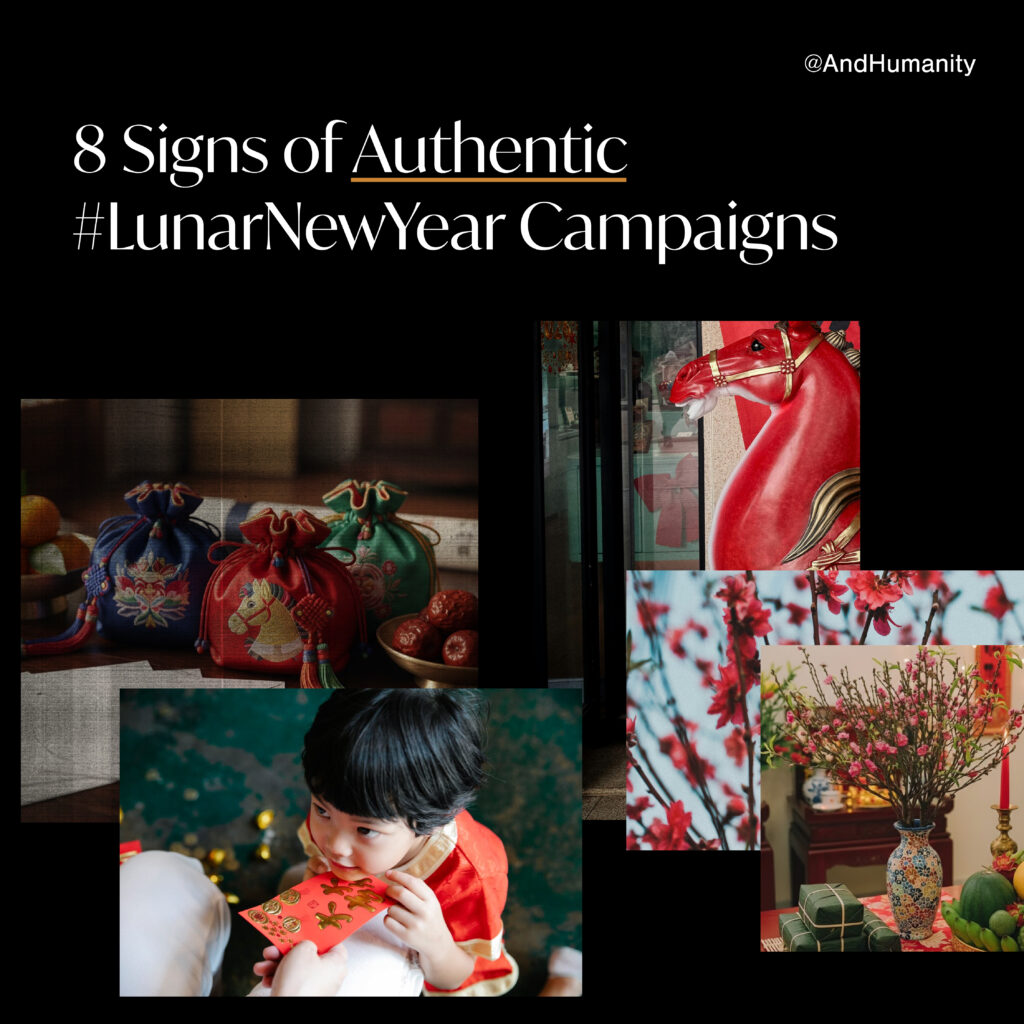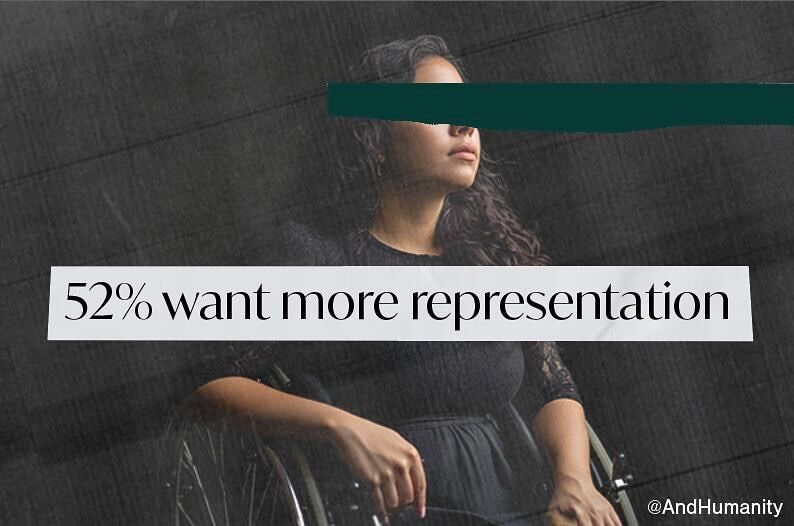I grew up as a very reserved child; I’m sure it was partly because of nature, but definitely also because that’s the way I was taught.
You see, my superhuman-single-mother who raised me was thrust into the role of “CEO” of our struggling family business when my dad passed, putting her in an uncomfortable role that she eventually embraced and conquered because she needed to feed her family.
She learned a hell of a lot being an Asian female business owner in the 80s and 90s.
One of the most important values she taught me was “quality over quantity”. Some popular Chinese proverbs that tacked onto my belief system additionally were “silence is gold, speech is silver”, and “he who keeps silent makes a fortune”. She knew how to be a successful woman in business in a white-dominated patriarchal society and taught me what she knew. So, I – of course – grew up a quiet kid.
Thus, I’d be lying if I said I didn’t give pause when I first heard the popular Western idiom: “the squeaky wheel gets the grease”. It made a lot of sense but also didn’t make any sense at all.
It took me awhile, but I eventually learned the rationale behind the Western idiom, but to this day, it still conflicts with something deep inside my core.
So as much as using idioms may be ingrained into how you speak or write, it’s imperative that you eliminate the use of them and find better ways to describe what you mean in order to foster a true sense of belonging for the people you interact with. To be honest, I still have trouble with this myself, but the more I’ve explored avoiding idioms, the more I’ve learned about the art and beauty of truly describing things without a shortcut. I encourage you to try to do the same!









